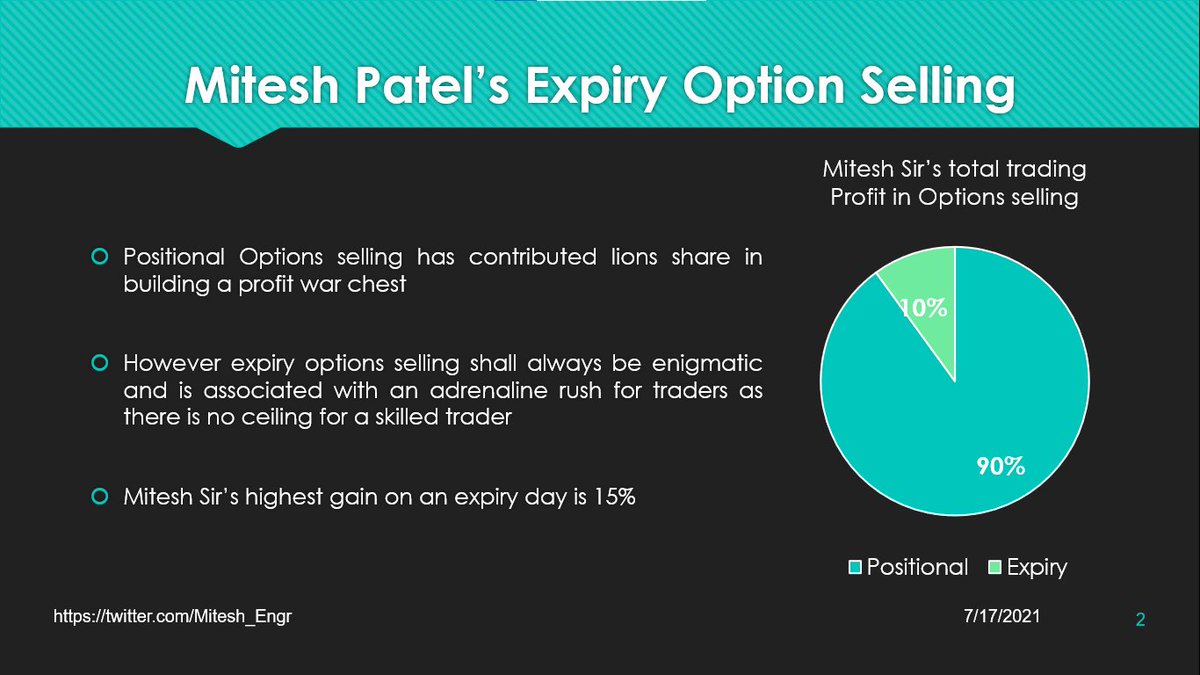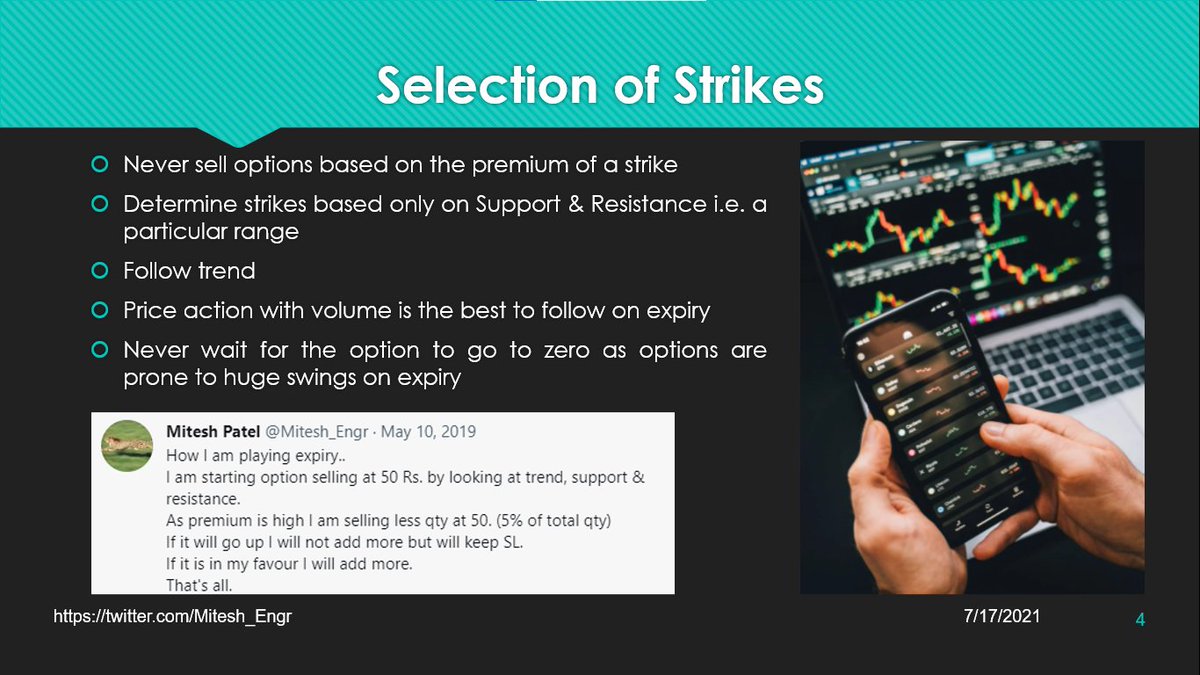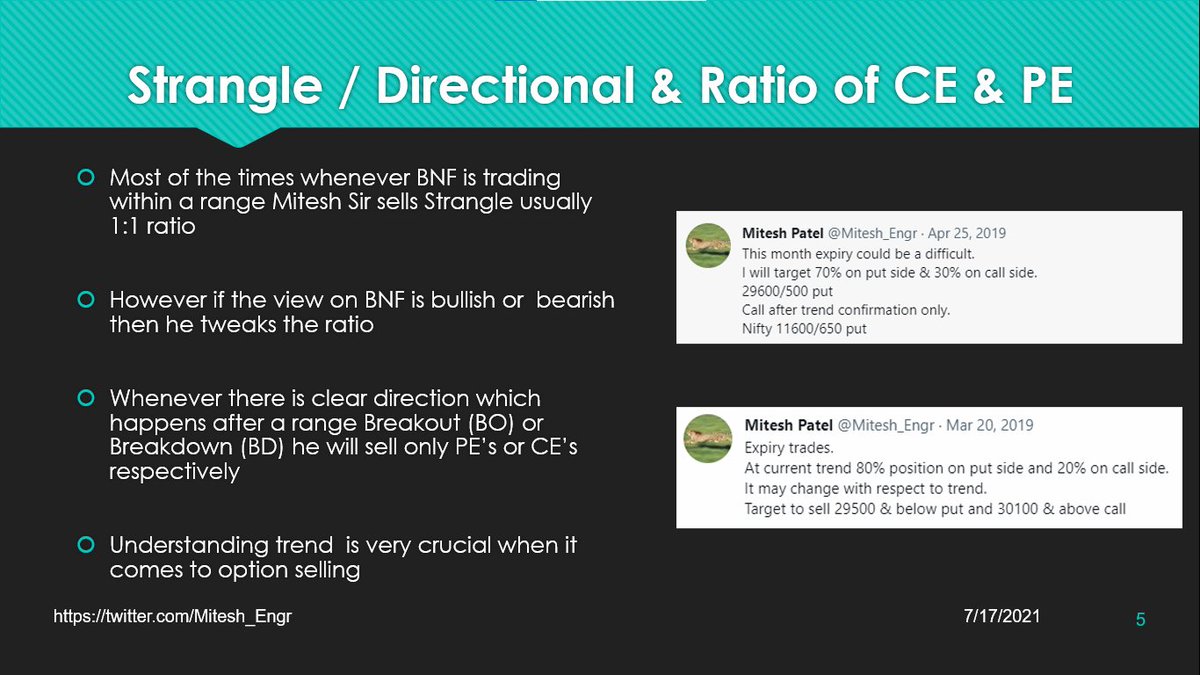I want to tell you a story. It illustrates the low level, but unpleasant hassle faced by academics holding views deemed unacceptable by self-appointed defenders of public safety. I'm not going to name names. I'm not interested in facilitating a pile on. The abused is>>
More from Life
Today is a day to celebrate love in our lives.
And here at ACLU-MA, we know that justice is a labor of love. Here are some of our favorite moments of love and justice in the last year, to brighten your #ValentinesDay.
💞👇💞
Almost exactly a year ago, our clients Hanz and Maudy were reunited after being separated by the cruel "Return to Mexico" policy.
And here at ACLU-MA, we know that justice is a labor of love. Here are some of our favorite moments of love and justice in the last year, to brighten your #ValentinesDay.
💞👇💞
Almost exactly a year ago, our clients Hanz and Maudy were reunited after being separated by the cruel "Return to Mexico" policy.
Yesterday, a family of asylum seekers were reunited. Hanz & his son were subjected to #MPP, a cruel policy that forced them into dangerous cities in northern Mexico. We sued on their behalf, allowing them to rejoin their family in Massachusetts. pic.twitter.com/Kce6MTpS9C
— ACLU Massachusetts (@ACLU_Mass) February 7, 2020
























